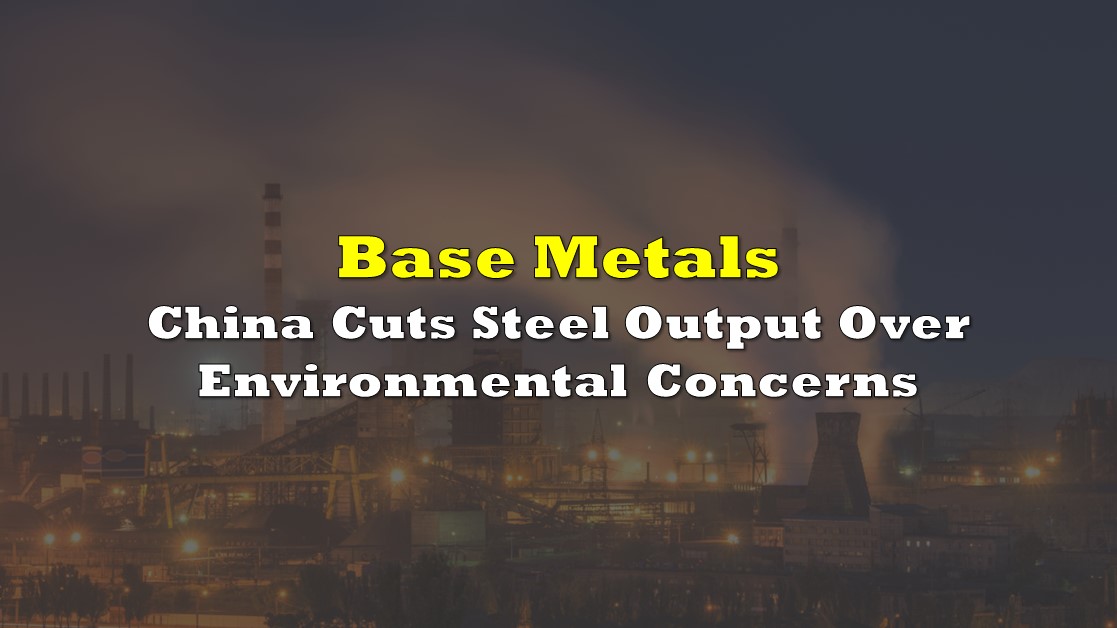Various media sources report that China, which produces just over half of the world’s steel, plans to cap 2023 domestic steel production at 2022 levels. One caveat is that China could choose to amend this policy at some point in the second half of 2023. China’s decree for 2023 follows similar decisions in 2021 and 2022 to curtail steel output.
On a year-over-year basis, China’s steel production rose 5.6% in January and February 2023 combined versus the same two months in 2022, per the World Steel Association, the international trade body for the iron steel industry. Consequently, steel made in the world’s biggest producing country figures to decline in the last three quarters of 2023.
Indeed, according to Mysteel data, China’s production of steel rebar and wired rods fell by 1% in the first week of April, while apparent demand declined by almost 7%. Stronger demand from India, the U.S., and emerging markets will offset some, but not all, of China’s shortfall.

A key reason for China’s stance apparently is to meet environmental goals. China’s steel sector accounts for about 15% of the nation’s carbon dioxide (CO2) emissions. Globally, steel production is responsible for 7% of total CO2 emissions.
Almost no aspect of this situation augurs well for steel prices or for the prices of steelmaking input raw materials like iron ore and metallurgical, or coking, coal. Indeed, not even weather patterns seem to be favoring iron ore at present. A Category 5 tropical cyclone recently slammed into Australia’s northwest coast but spared the world’s largest iron ore export hub (and thankfully population centers as well).
The most heavily traded iron ore contract (62% iron content) on the Dalian Commodity Exchange closed at about US$112 per tonne on April 14, a three-month low. In mid-2021, prices were about twice these levels.

Similarly, coking coal prices are trading at around five-month lows of US$250 per tonne. Prices averaged US$370 per tonne in 2022.
As actual steel demand has proved weaker than expected, due mostly to unfulfilled expectations of a sharp increase in demand from the reopening of China’s economy, prices of iron ore and coking coal are slumping.
Information for this briefing was found via Trading Economics, World Steel and the sources mentioned. The author has no securities or affiliations related to this organization. Not a recommendation to buy or sell. Always do additional research and consult a professional before purchasing a security. The author holds no licenses.









